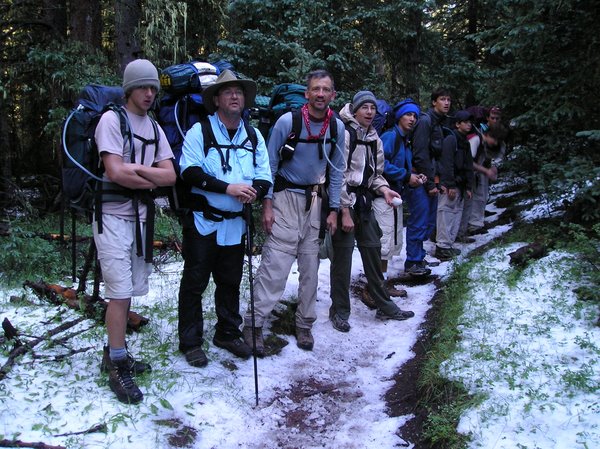My goal is to increase the share of common knowledge with documents. Action Inquiry is a developmental business engineering model with behavioral logic rules. I will study and report on the development of IP building IP.
Deciding up front how you are going to decide the difference between what you know you know and what you don't know is called epistomolgy or the study of knowledge. That is, epistomology gives names to the ways you try to express what you know and what you don't.
This is a process of meets and bounds; deciding when you will officially know something contra not knowing it even at this late date, given what we know now, which is not worth knowing. That is, the fit ancestors of this phenotype encoded behavior in M3aT that would spend the least amount of energy just drifting into the near future thinking about pie.
 |
| Brilliant Neuroscientist and Author |
System 2 is used on conference calls when everyone is paying attention and participating. System 2 is where engineers and scientists live. This is the realm of intense, focused concentration and cognition. This is consequently a well staffed, heterogeneous mix of SME's whose areas of knowledge overlap but are not coincident. This is exactly the place to know what you know.
When I claim to know something, I must qualify several ideas about what it means to know something. The first part of the claim rests on authority; I don't poke my head in unless my goals align with the questions I am asking from chain of command compliance (Kirk's meets and bounds). My management has a clear and concise list of specific items I am committed to (Freescale meets and bounds). As a consequence, we encounter the second qualifier of knowledge, the area of focus of an SME which puts scare quotes around anything not reasonably understood to be a cohesive body of knowledge already mastered by this SME (the individual's developmental meets and bounds). This rule brings up the third rule; only developmental models of group dynamics forecasts specific kinds of mistake in knowledge sharing.
 |
| Action Inquiry Feedback Loops |
Here is a tutorial overloaded with meaning but specifcally in this case I will focus on the developmental aspects. Person 1 is the grandson and person 2 is the grandmother. The grandson and the grandmother have different understandings of the world outside, their ability to perform, their cognitive capabilities and their emotional state. The grandson knows about gravity and how sliding rocks behave (his cognition capability), he knows his grandmother's developmental state (her perception of her performance).
 |
| Excellent Epistomology |
Since I know how gravity works, I can predict how falling bodies behave.
Mutual knowledge for P1 and P2 internal dialogue.
P1 Since I know how gravy works, I can start the pot boiling now.
P2 Since I know how gravy works, I can start the pot boiling now.
Common knowledge for P1 and P2 enabled by speech.
P1 "Grandma jump! it's time to make gravy!"
P2 "Oh dear."
But if this had happened several minutes later...
NOT Mutual knowledge for P1 and P2 internal dialogue where before this was valid.
P1 Since I know how gravity works, I can predict how falling bodies behave.
P2 Since I know how gravy works, I can start the pot boiling now.
P1 "Grandma jump! the rocks are sliding!"
P2 "Oh dear."
The second lesson regards mutual knowledge versus common knowledge. The world outside is changing and at that split second they did not have mutual knowledge where only minutes before they were both thinking about gravy. What I mean is that I have logic rules that emit behavior (speech acts, writing acts, anything that makes your muscles twitch...) from which you will know what I know. Since we must leave kinds of things out of the document, I propose capturing the outline of what is discarded. This is intellectual dumpster diving.


No comments:
Post a Comment